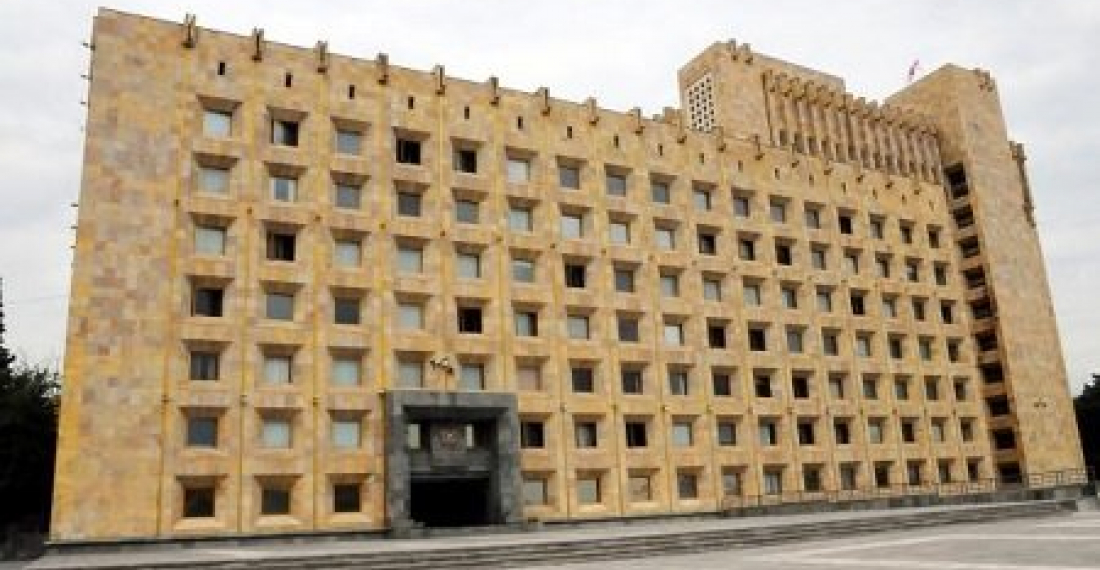There has been a broadly positive international reaction to the statement issued on Friday by the Georgian prime minister calling on Russia to adopt a new posture towards Georgia. The statement was couched in conciliatory terms and offered direct talks with the authorities of the secessionist territories of Abkhazia and South Ossetia.
Read the statement of the Georgian Prime Minister issued on 9 March 2018 here
The Russian foreign ministry, in a statement published on its website said, "we are bound to welcome the declared striving for direct dialogue with Abkhazia and South Ossetia. This is the only realistic road to settling issues that concern Georgia but go beyond the bilateral Russian-Georgian agenda".
The full text of the Russian Foreign Ministry 12 March statement says:
Moscow paid much attention to the statement made by Prime Minister of Georgia Grigory Kvirikashvili on March 9. We are pleased about his intention to continue and deepen the process of bilateral normalisation. Nobody should doubt that, as before, Russia is interested in improving relations with neighbouring Georgia and is ready to do so to the extent that Georgia is prepared for this.
Mr Kvirikashvili's mention of [Georgia's] striving for progress at the Geneva discussions makes us hope for a constructive position from Georgia during the next round in late March. We are convinced that this approach will be supported by other participants in the talks regardless of who heads the Georgian delegation in Geneva.
We are bound to welcome the declared striving for direct dialogue with Abkhazia and South Ossetia. This is the only realistic road to settling issues that concern Georgia but go beyond the bilateral Russian-Georgian agenda. In particular, this applies to the recent regrettable incident with Georgian citizen Archil Tatunashvili.
In a tweet on the same day, the Head of the European Union Delegation to Georgia, Janos Herman, wrote that the 9 March statement by Prime Minister Kvirikashvili comes at a challenging moment and "argues for sensible steps by/with Russia and more engagement with/in breakaway regions of Georgia. We follow the ensuing complex debate in Georgia. EU policy of non-recognition & engagement continues."
In Georgia itself opinion about the prime minister's statement has split on roughly party lines with supporters of Georgia Dream and Patriots parties supporting the statement whilst UNM and European Way activists arguing against.
source: commonspace.eu with agencies
photo: The State Chancellory, Tbilisi






